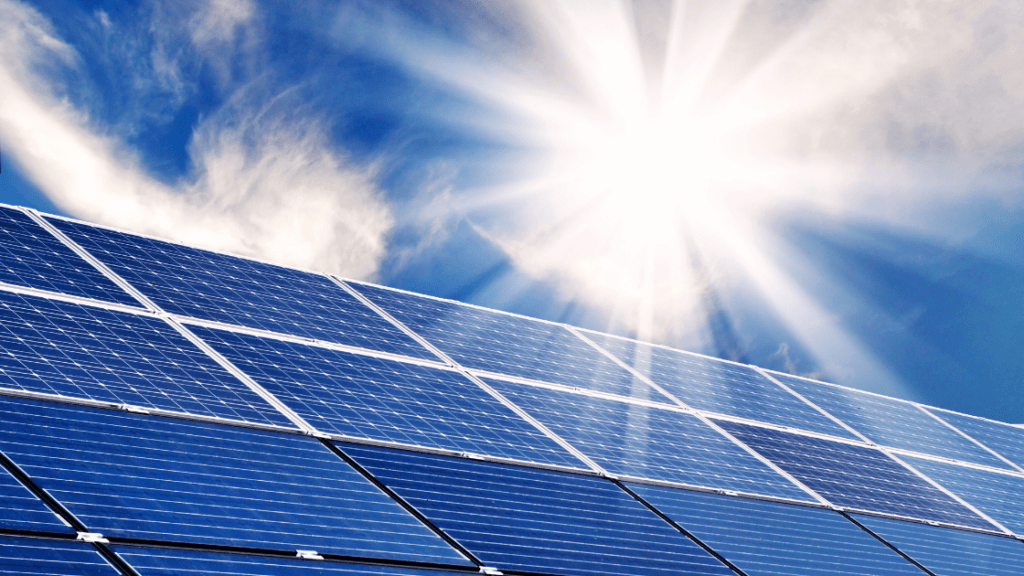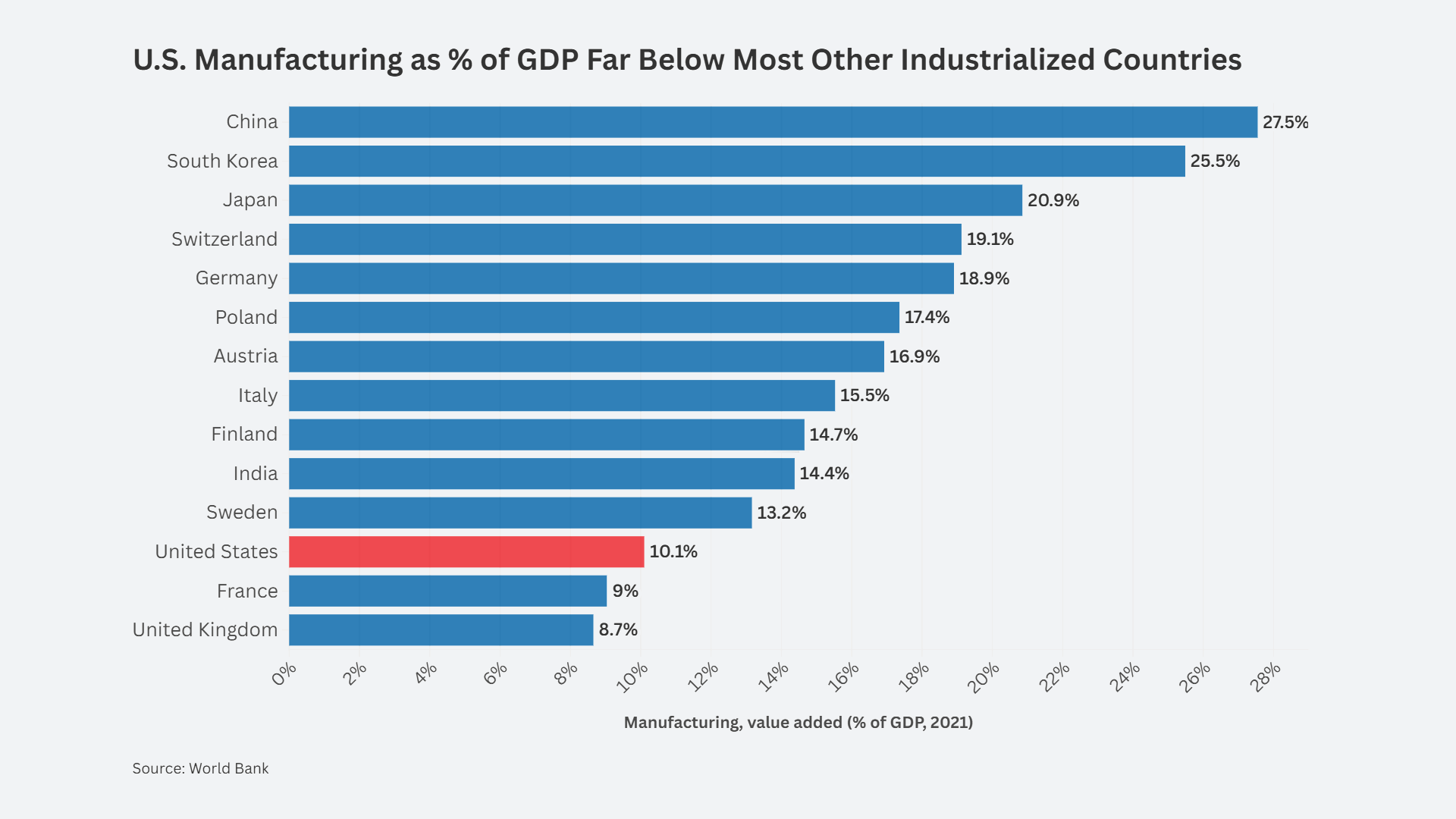WASHINGTON — The Coalition for a Prosperous America (CPA) today welcomed news that Suniva, the U.S.’s oldest and largest solar cell manufacturer, will restart operations next year , in part as a result of tax credits and domestic content provisions in the Inflation Reduction Act (IRA), coupled with existing safeguard and enforcement mechanisms. CPA is strongly supportive of those IRA provisions, which aim to reduce U.S. reliance on China by providing tax credits for the domestic solar manufacturing supply chain, including modules, photovoltaic cells, and solar-grade polysilicon. An analysis by CPA’s Economics Team released last year documented how the IRA’s domestic production tax credits “have unleashed a tidal wave of investment in U.S. manufacturing unlike any we have seen in decades.”
Suniva will begin producing solar cells, the building blocks of solar panels, at its Norcross, Georgia, facility next spring. The facility will have an initial production capacity of 1 gigawatt per year, and the factory’s first phase will create up to 240 jobs. Currently, there is no existing supply of U.S.-made solar cells.
“We applaud Suniva’s commitment to manufacturing in the U.S. and creating good-paying American jobs,” said Zach Mottl, Chairman of CPA. “The Inflation Reduction Act has been a powerful catalyst in boosting investment in U.S. manufacturing, and we welcome Suniva’s announcement that it will be restarting operations next year. Congress and the Biden administration must continue to take steps to boost domestic manufacturing along the entire solar supply chain, including strong domestic content bonus rules. The success of the IRA, however, is not guaranteed. It’s imperative that the Biden administration and Congress protect this investment by enforcing U.S. trade law. Failing to do so will allow China to undercut the benefits of the solar domestic production tax credit and jeopardize efforts to reshore manufacturing and supply chains in industries that are critical to U.S. economic and national security.”
Strong Domestic Content Bonus Rules Could Further Boost IRA’s Success
The Biden administration has a chance to maximize the IRA’s incentives—and allow U.S. manufacturers like Suniva to continue to expand—with its final rules on what types of solar equipment will satisfy the IRA’s domestic content bonus for solar projects. The IRA provides a tax credit to solar project developers, including a 10% domestic content bonus if solar project developers use a minimum level of U.S.-manufactured solar equipment in their projects. Earlier this year, CPA called on the Biden administration to issue rules on the domestic content bonus that will incentivize the full reshoring of the domestic solar supply chain.
A poll conducted by Morning Consult on behalf of CPA found that an overwhelming majority of likely voters (75%) support requiring the core components that make up solar panels to be manufactured in the United States to satisfy the IRA’s 10% domestic content bonus available to solar project developers that use a minimum level of U.S.-manufactured solar equipment in their projects. Only 8% of likely voters are opposed.
Treasury’s guidance on this matter will be crucial in determining whether the full strategic solar supply chain is successfully reshored to the United States. Chinese solar manufacturers and their allies have argued that the domestic content bonus standard should require only the assembly of solar panels to take place in the United States and that the core components of the panels can be manufactured in China or Chinese-controlled factories in foreign countries. U.S. domestic solar manufacturers have argued that the domestic content bonus standard should require both the assembly of solar panels to take place in the United States and the core components of the panels to be manufactured domestically.
The legislative intent of the IRA was clearly to incentivize U.S. manufacturing of the full strategic solar supply chain, including solar modules, cells, wafers and polysilicon. Issuing rules that allowed assembly—not manufacturing—to qualify for the domestic content bonus would significantly undermine the Biden administration’s stated goal of creating investment in and reshoring the full strategic solar supply chain, including photovoltaic cells, modules, and solar-grade polysilicon.













